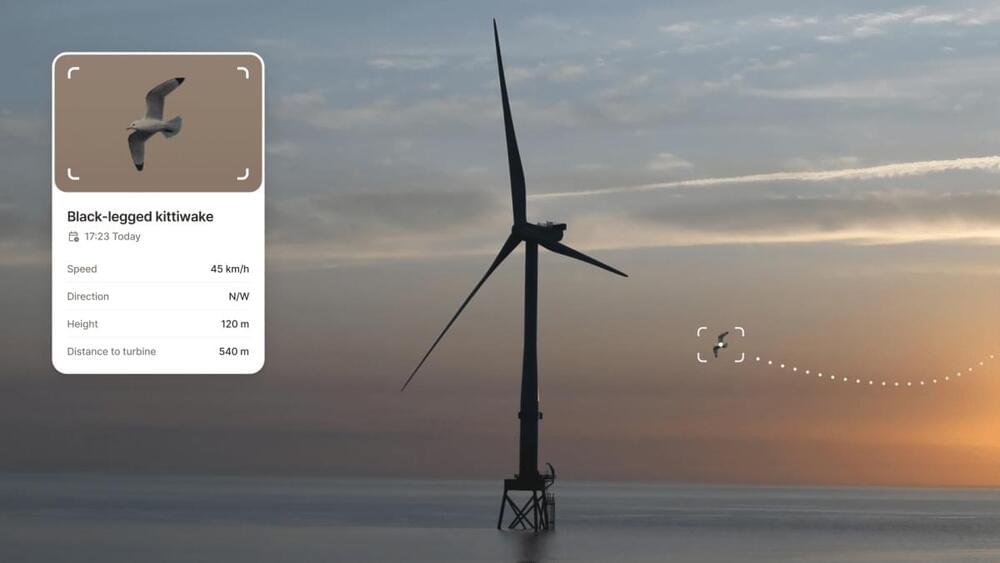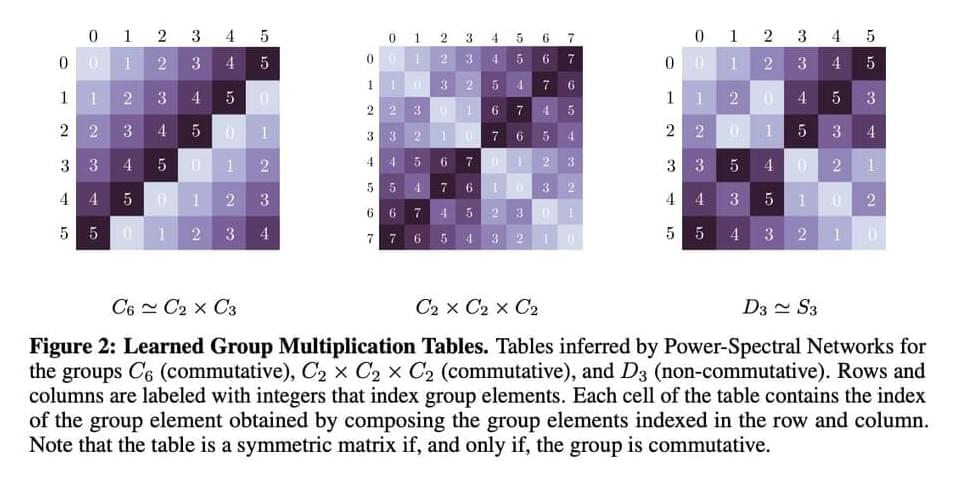Spur uses computer vision to help companies monitor and predict how a wind farm will impact a local bird population.



Oscar Wilde once said that sarcasm was the lowest form of wit, but the highest form of intelligence. Perhaps that is due to how difficult it is to use and understand. Sarcasm is notoriously tricky to convey through text—even in person, it can be easily misinterpreted. The subtle changes in tone that convey sarcasm often confuse computer algorithms as well, limiting virtual assistants and content analysis tools.

Computer science researchers at the University of Central Florida have developed a sarcasm detector.
Social media has become a dominant form of communication for individuals, and for companies looking to market and sell their products and services. Properly understanding and responding to customer feedback on Twitter, Facebook and other social media platforms is critical for success, but it is incredibly labor intensive.
That’s where sentiment analysis comes in. The term refers to the automated process of identifying the emotion—either positive, negative or neutral—associated with text. While artificial intelligence refers to logical data analysis and response, sentiment analysis is akin to correctly identifying emotional communication. A UCF team developed a technique that accurately detects sarcasm in social media text.
In an important step toward more effective gene therapies for brain diseases, researchers from the Broad Institute of MIT and Harvard have engineered a gene-delivery vehicle that uses a human protein to efficiently cross the blood-brain barrier and deliver a disease-relevant gene to the brain in mice expressing the human protein. Because the vehicle binds to a well-studied protein in the blood-brain barrier, the scientists say it has a good chance of working in patients.

Artificial neural networks (ANNs) show a remarkable pattern when trained on natural data irrespective of exact initialization, dataset, or training objective; models trained on the same data domain converge to similar learned patterns. For example, for different image models, the initial layer weights tend to converge to Gabor filters and color-contrast detectors. Many such features suggest global representation that goes beyond biological and artificial systems, and these features are observed in the visual cortex. These findings are practical and well-established in the field of machines that can interpret literature but lack theoretical explanations.
Localized versions of canonical 2D Fourier basis functions are the most observed universal features in image models, e.g. Gabor filters or wavelets. When vision models are trained on tasks like efficient coding, classification, temporal coherence, and next-step prediction goals, these Fourier features pop up in the model’s initial layers. Apart from this, Non-localized Fourier features have been observed in networks trained to solve tasks where cyclic wraparound is allowed, for example, modular arithmetic, more general group compositions, or invariance to the group of cyclic translations.
Researchers from KTH, Redwood Center for Theoretical Neuroscience, and UC Santa Barbara introduced a mathematical explanation for the rise of Fourier features in learning systems like neural networks. This rise is due to the downstream invariance of the learner that becomes insensitive to certain transformations, e.g., planar translation or rotation. The team has derived theoretical guarantees regarding Fourier features in invariant learners that can be used in different machine-learning models. This derivation is based on the concept that invariance is a fundamental bias that can be injected implicitly and sometimes explicitly into learning systems due to the symmetries in natural data.
Once a buzzword, neuromorphic engineering is gaining traction in the semiconductor industry.
Neuromorphic engineering is finally getting closer to market reality, propelled by the AI/ML-driven need for low-power, high-performance solutions.
Whether current initiatives result in true neuromorphic devices, or whether devices will be inspired by neuromorphic concepts, remains to be seen. But academic and industry researchers continue to experiment in the hopes of achieving significant improvements in computational performance using less energy.
The paradigm shift of artificial superintelligence (ASI) is imminent, promising unprecedented possibilities and profound perils for society.
Ten predictions for 2035 to reshape society, from AI and AGI to breakthroughs in brain-computer interfaces, living movies, and climate tech.

The letter, which is being sent to tech companies around the world this week, marks an escalation of the music group’s attempts to stop the melodies, lyrics and images from copyrighted songs and artists being used by tech companies to produce new versions or to train systems to create their own music.
The letter says that Sony Music and its artists “recognise the significant potential and advancement of artificial intelligence” but adds that “unauthorised use… in the training, development or commercialisation of AI systems deprives [Sony] of control over and appropriate compensation”
It says: “This letter serves to put you on notice directly, and reiterate, that [Sony’s labels] expressly prohibit any use of [their] content.”

Building a useful quantum computer in practice is incredibly challenging. Significant improvements are needed in the scale, fidelity, speed, reliability, and programmability of quantum computers to fully realize their benefits. Powerful tools are needed to help with the many complex physics and engineering challenges that stand in the way of useful quantum computing.
AI is fundamentally transforming the landscape of technology, reshaping industries, and altering how we interact with the digital world. The ability to take data and generate intelligence paves the way for groundbreaking solutions to some of the most challenging problems facing society today. From personalized medicine to autonomous vehicles, AI is at the forefront of a technological revolution that promises to redefine the future, including many challenging problems standing in the way of useful quantum computing.
Quantum computers will integrate with conventional supercomputers and accelerate key parts of challenging problems relevant to government, academia, and industry. This relationship is described in An Introduction to Quantum Accelerated Supercomputing. The advantages of integrating quantum computers with supercomputers are reciprocal, and this tight integration will also enable AI to help solve the most important challenges standing in the way of useful quantum computing.